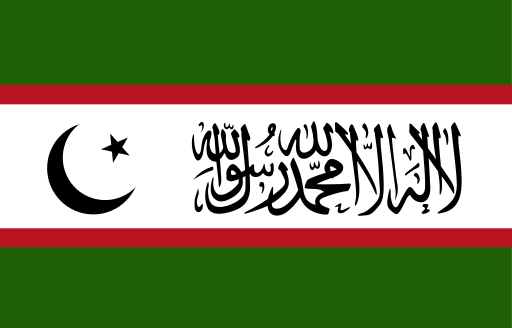Islamic Renaissance Party Banned [2015]

The Islamic Renaissance Party of Tajikistan [IRPT] was a moderate Islamist group political party and opposition group until its forced closure by the Tajik government. Forming in 1997 at the end of Tajikistan’s civil war, the party was comprised of former separatist leaders from Gordo-Badakhshan and promoted a secular Tajik government alongside a greater embrace of Islam [Borisov, 2015]. The IRPT consistently picked up seats in the Tajik legislature and offered an alternative to President Rakhmon’s policies while serving as one of the few religious political parties in Central Asia. The IRPT was successful in gaining popular grassroots support and allying with other small opposition groups in elections and in nominating political candidates [Lozovsky, 2018]. Detractors, including President Rakhmon’s administration, accused the IRPT of having ties to Islamic radical groups; members of the party claimed these allegations were political attacks and were without substance [Borisov, 2015]. Upper-level party members reported they faced police harassment and physical assault for their opposition activities. The party’s 2015 closure was seen as a culmination of the Tajik government’s crackdown on political opponents, especially Pamiris tied to opposition forces from the 1992-97 civil war [Lozovsky, 2018]. Although not explicitly motivated by ethnic or religious reasons, the closure of Tajikistan’s main opposition party reinforces prevailing Tajik political dominance while making it more difficult for political opponents - in this case Pamiris - to be represented in government.